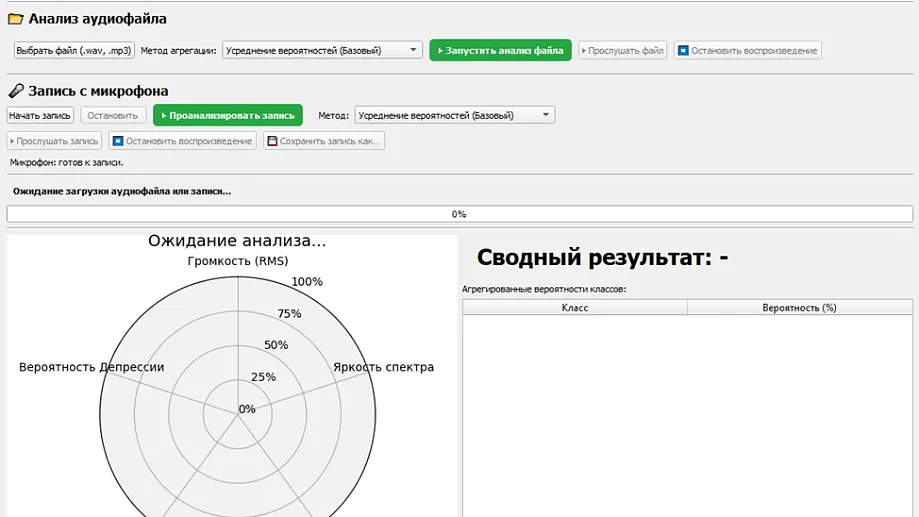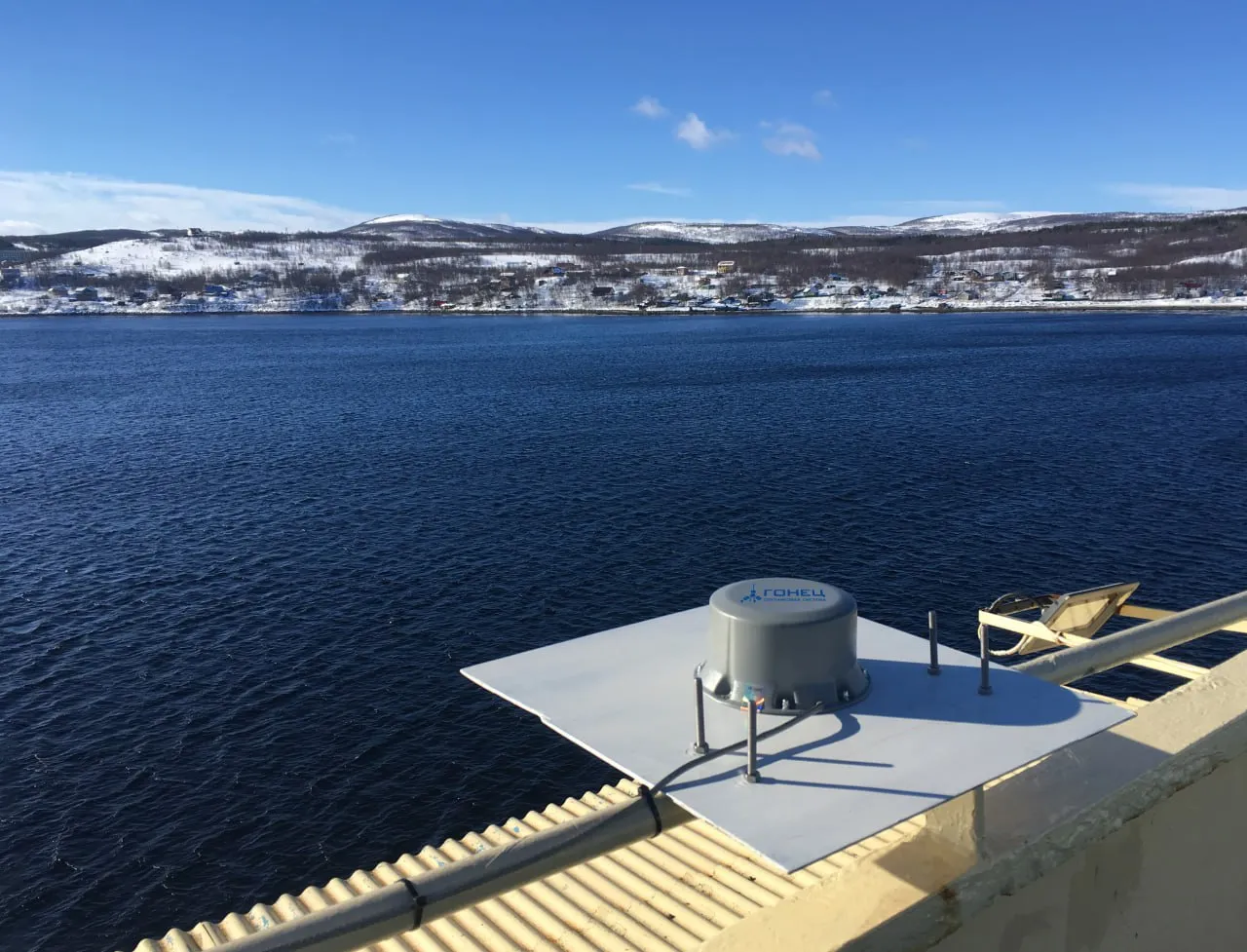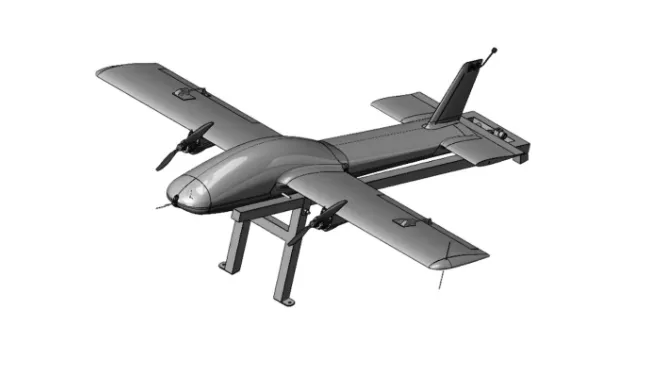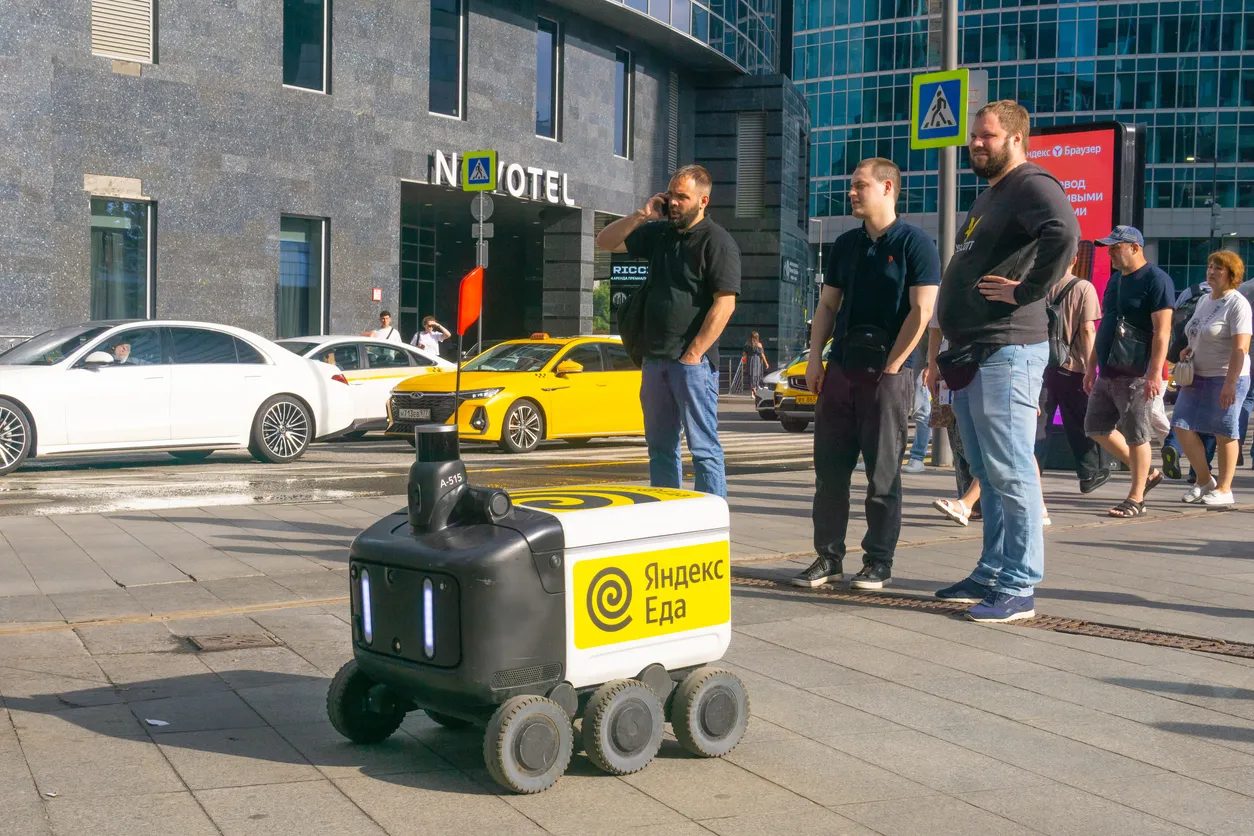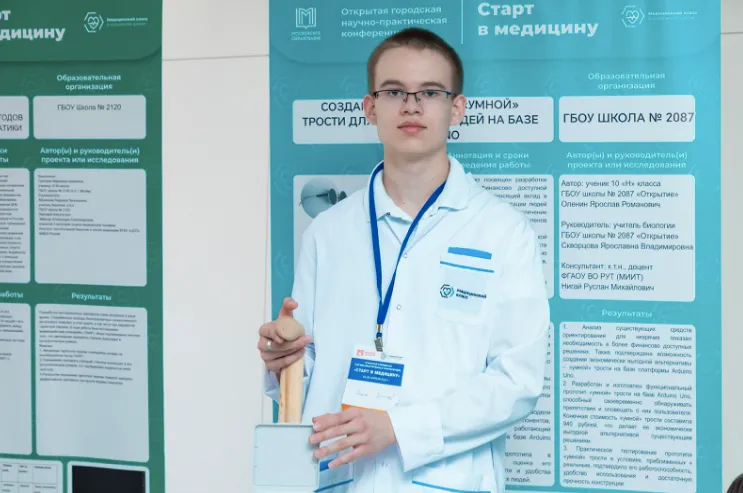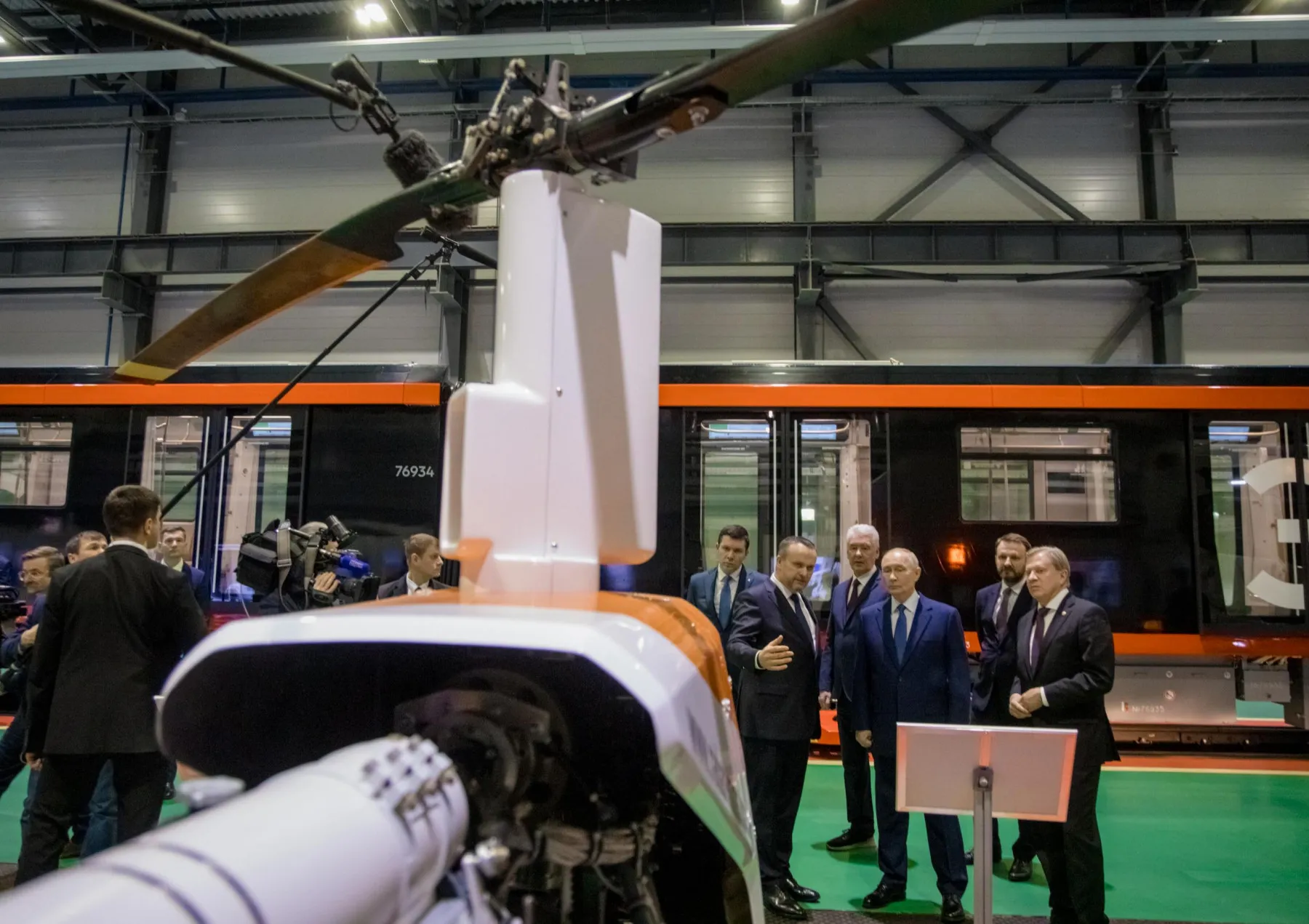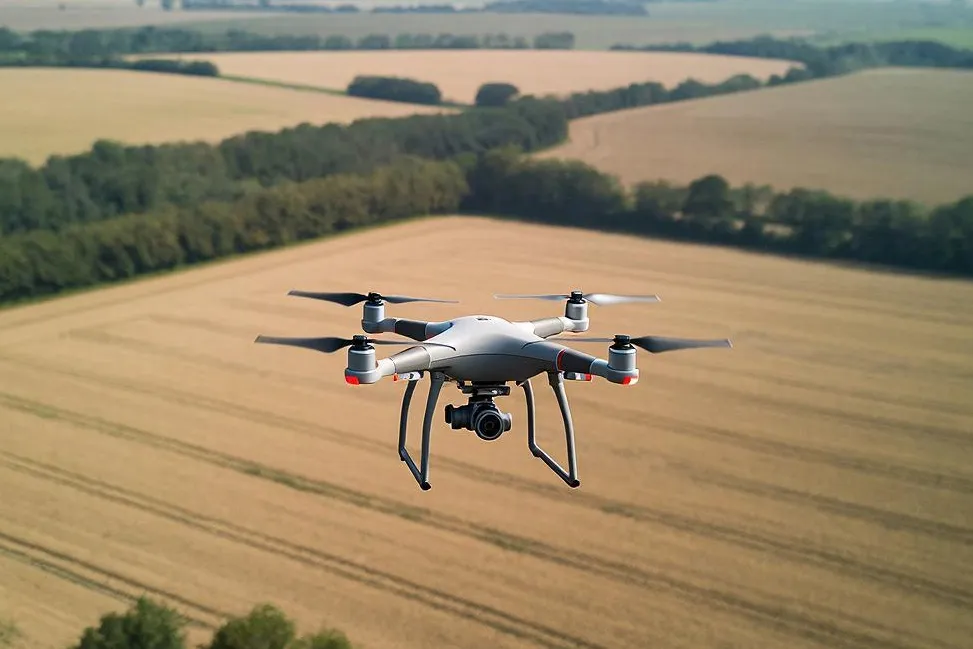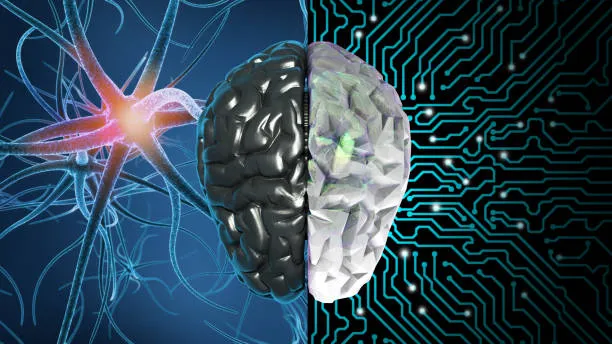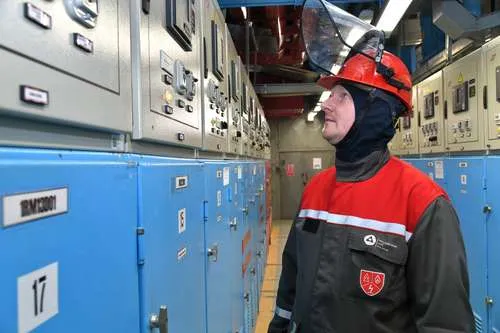Russian University Launches AI‑Driven Heat Network Controller

Transbaikal State University’s new neural‑network‑powered device promises to cut heating costs, trim carbon emissions, and outperform imported competitors.
Transbaikal State University (ZabGU) has developed Russia’s first domestically produced AI‑based heat network controller, aiming to rival — and in key metrics surpass — foreign alternatives.
During winter trials on a specialized test site, engineers simulated extreme thermal loads and emergency scenarios to validate the controller’s resilience under stress. Subsequent pilot testing in one of the university’s academic buildings confirmed a 3 percent greater energy savings compared to overseas models, alongside a measurable reduction in the facility’s carbon footprint.
At the heart of the system lies a trainable neural network, whose development was driven by both ZabGU researchers and students. With prototype validation complete, the team will install an initial batch of three units across campus buildings as a prelude to mass production.
Industry observers expect widespread interest from organizations managing heating infrastructure and from construction firms looking to integrate smart, eco‑conscious technologies. If broadly adopted, the controller could boost energy efficiency in both residential and commercial properties, lower ongoing operational costs, and help Russia — and potentially global markets — move closer to ecological sustainability and fortified regional energy security.









